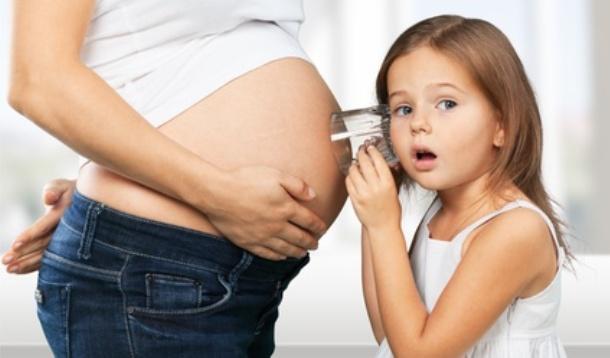Women who have had previous caesarean sections are being offered support from a new midwifery-led service to prepare for their next babies.
Hull Women and Children’s Hospital is setting up at the new service to give women additional support, information and advice.
Currently, women who have undergone previous caesarean sections see a consultant around 36 weeks into their pregnancies to discuss birth options for their next baby.
However, under the proposal, women will be referred to the specialist clinic by community midwives at their first booking appointment, ensuring early support for the women throughout her pregnancy.
Women will be seen by midwives at 24 weeks, 32 weeks and full term to be supported in their choices, with those mothers-to-be in need of clinical support to be referred to their named consultant obstetrician.
Janet Cairns, head of midwifery at Hull University Teaching Hospitals NHS Trust, said the new clinics would give information to women to increase their knowledge about their choices and improve their experience.
“We want to ensure women are given all of the options available to them to ensure they play an active role in deciding what is best for them and their baby,” she said.
“Caesarean sections are not a risk-free option and many women think it is the only option if they have had their first baby by caesarean section in the past.
“This new service will enable our highly skilled midwives to support women to make the best choice, allay worries or concerns and give the women confidence to have a great birth experience.”
The introduction of the new service could reduce the number of caesarean sections in Hull, which is slightly higher than the national average of 12 per cent.
However, Hull has fewer emergency caesarean sections, 14.4 per cent of births compared to the national average of 15.4 per cent.
The city also has more “normal” births – 61 per cent compared to 59 per cent nationally – and fewer instrumental births – 8.8 per cent compared to the national average of 12.9 per cent.
Emergency caesarean sections can be carried out for a number of clinical reasons such as to protect the mother or baby’s health. Collective decisions are made by the parents and the doctors and midwives caring for them.
However, some women opt for c-sections for non-medical reasons despite the risks attached to the major operations and can take up to six weeks to recover.
Janet Cairns said: “It is hoped these appointments will give women more information about their choices in their subsequent pregnancies so they can make the right decision for themselves.”

